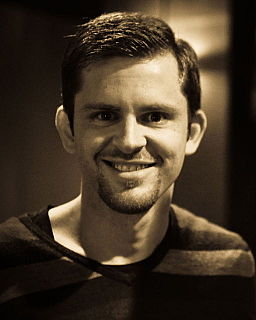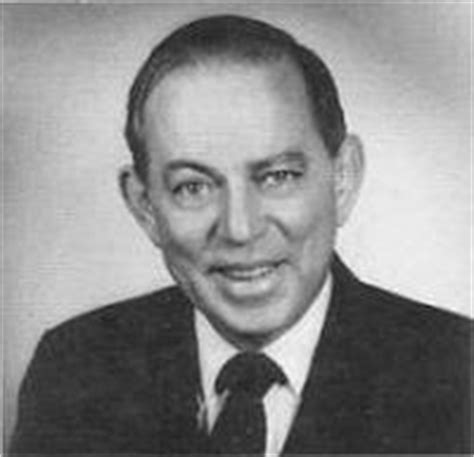A Quote by William Zinsser
Write about small, self-contained incidents that are still vivid in your memory. If you remember them, it's because they contain a larger truth that your readers will recognize in their own lives. Think small and you'll wind up finding the big themes in your family saga.
Related Quotes
The more you think about your own self, the more self-centred you are, the more trouble even small problems can create in your mind. The stronger your sense of 'I', the narrower the scope of your thinking becomes; then even small obstacles become unbearable. On the other hand, if you concern yourself mainly with others, the broader your thinking becomes, and life's inevitable difficulties disturb you less.
Own only what you can always carry with you: know languages, know countries, know people. Let your memory be your travel bag. Use your memory! Use your memory! It is those bitter seeds alone which might sprout and grow someday. Look around you - there are people around you. Maybe you will remember one of them all your life and later eat your heart out because you didn't make use of the opportunity to ask him questions. And the less you talk, the more you'll hear.
The world is made up of the big things and the small ones. And the part that's so unfair is that we call them 'big' and 'small' because when something happens to you, when you loose something or someone that your really care about, that's all there is. The world may be blowing up around you, but you don't care about that. You don't care about that at all.
A brother with small earnings may ask,''Should I also give? My earning are already so small that my family can barely make ends meet.'' My reply is, ''Have you ever considered that the very reason your earnings remain so small may be because you spend everything on yourself? If God gave you more, you would only use it to increase your own comfort instead of looking to see who is sick or who has no work at all that you might help them.
There is a huge tension in trying to write with small children because they demand your attention and your time with a fierceness that can be matched by nothing else, but if you are successful in writing while you have small children, I actually think that your writing is likely to be deeper than it was before.
I think that you find your own way. You have your own rules. You have your own understanding of yourself, and that's what you're going to count on. In the end, it's what feels right to you. Not what your mother told you. Not what some actress told you. Not what anybody else told you but the still, small voice.
Start small, make a promise and keep it. Then, make larger promises and keep them. Eventually, your honor will become greater than your moods or your circumstances, which includes your medical condition and other people's stereotypic observations. Once you overcome this comparison based mentality, your confidence will soar.
Now you are changed people. Your personality is different. It's shining through your spirit. In that spirit, you have to see everything. All your conditionings will drop out as soon as you start identifying your Self fully, fully with the spirit. Fully - again I say because we do not. We are still Christians. We are still Hindus. We are still Muslims. We are still Indians, English, this, that. We are still narrow-minded, small, little puddles. We have to be the ocean. Once you are identified with the ocean, you have to throw away everything and become absolutely clean and detached.
Write like you write, like you can't help but write, and your voice will become yours and yours alone. It'll take time but it'll happen as long as you let it. Own your voice, for your voice is your own. Once you know where your voice lives, you no longer have to worry so much about being derivative.
The role you've been ascribed in childhood can twist or break apart or seem outgrown, especially when you have your own family and begin to see your own childhood from a different angle. You remember. You reassess. I think that was the kernel of the novel for me. This idea that you change but that your family, the people you were born into, might find that change hard to accept. You no longer fit the mold you've always been ascribed. When the adult children in the book converge back on their small family home there's a sense that they don't fit there anymore.






































